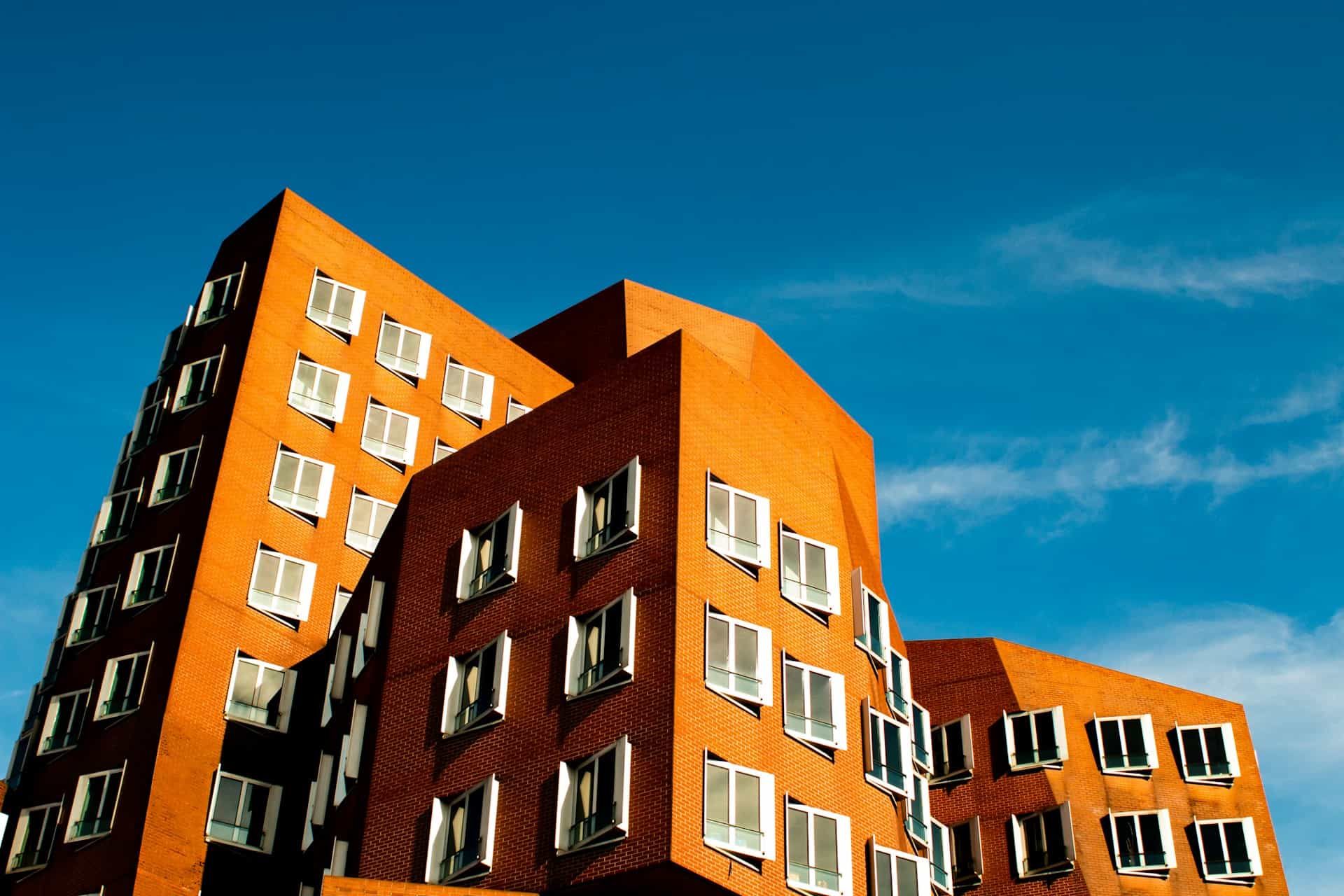New data has provided a snapshot into housing suitability in Canada as of the 2021 population census, giving insight into the varying living conditions of international students across the country, including which nationalities are most impacted by unsuitable housing.
The report highlighted a large variation in the proportion of international students living in unsuitable housing across Canada’s municipalities, as well as large disparities in unsuitable housing rates across international student groups from different source countries.
Students from India were more likely to live in unsuitable housing compared with those from other countries, the data suggested.
In Brampton and Surrey, the municipalities with the largest shares of Indian students, the proportions of international students in unsuitable housing were the highest.
Among the top 10 census divisions with the most international students, Brampton and Surrey had the largest shares of students living in unsuitable housing, with 63% and 61% respectively.
Meanwhile, Vancouver and Calgary had the lowest, with 29% and 25% respectively.
The findings only relate to international students living in private households, since the long-form census questionnaire used to gather data did not collect information for people living in collective dwellings or school residences.
The report found that international students were generally more likely to live in unsuitable housing than their Canadian-born counterparts. The largest differences were observed for Brampton, with about 43 percentage points and Surrey with about 45 percentage points.
Notably, the report highlights that since 2021, Canada’s international student landscape – including international student population in terms of overall numbers and sociodemographic characteristics – has changed significantly. It notes that “consequently, the housing conditions for international students may have evolved as well”.
Brampton stakeholders have long been aware of the issues its international students face when it comes to housing. Such concerns led to the introduction of a significant, multi-partner effort and commitment to support international students through the Brampton Charter, officially launched in 2023.
In partnership with over 35 organisations, the Charter is a community effort, led by Sheridan College. One of its main goals is to promote “safe and affordable housing and financial stability” for international students.
Among efforts, the Charter has committed to:
- Consider housing and transportation opportunities for international students as part of municipal planning
- Support the delivery of affordable student housing through streamlined approvals
- Advocate for and promote safe and legal rental accommodation that is subject to inspection and reporting
- Educate property owners on registration of rental units with the municipality to help meet safety standards
- Educate international students on rights and responsibilities under the Landlord and Tenant Act and facilitating access to affordable legal counsel
Despite such efforts, housing for international remains a concern for Brampton mayor Patrick Brown – who, in an interview with CityNews, said there had been a case of 25 students found living in single basement apartment in Brampton in February 2024.
The PIE News spoke to Jindi Singh, national director of charity Khalsa Aid Canada, the Canadian branch of the international charity, which works closely with international students in the areas signalled to be the worst affected by the report.
“When we are talking to students who are suffering, it’s predominately small, private colleges they are going to, which are for-profit and not necessarily providing any student services.
“What we’re finding in cities like Surrey and Brampton is that there are a lot of these types of colleges,” he told The PIE.
“At the larger colleges and universities, there is staff on hand to help them if they’re having mental health issues for example but you don’t find that in the private colleges where students are left alone to their own devices.”
Unfortunately, Singh believes the situation has deteriorated further for many international students in areas such as Brampton and Surrey since 2021 due to the cost of living crisis, inflation rising and a rising fees.
According to Singh, a basement apartment can cost over CAD$1,000 per month, and he often hears of cases of for four students sharing one apartment with bunk beds.
Khalsa Aid’s services are open to all nationalities, but most of the students reaching out are Indian, followed by students from Pakistan, said Singh.
Many of them contact the charity for financial assistance, but this is not something the charity provides. Instead, it seeks to alleviate the struggles of international students through programs such as its country-wide grocery initiative, which sees around one thousand students per month provided with basic essentials.
In January 2024, the provincial government of Ontario, following the federal government’s decision to cap the number of study permits, announced that new public-private partnerships between colleges and businesses will be temporarily banned while authorities review the quality of existing models
It also announced an incoming requirement that would see all Ontario-based institutions ensure housing is available for all international students they recruit.
This requirement, which must be in place by September 2024, can be met by offering a guaranteed spot for incoming international students on campus residence.
It can also be met through private housing, or by facilitating international students in finding suitable community housing, explained Isaac Garcia-Sitton, executive director, international student enrolment, education and inclusion at Toronto Metropolitan University.
Incoming international students are particularly vulnerable to financial and housing scams
Isaac Garcia-Sitton, Toronto Metropolitan University
“Incoming international students are particularly vulnerable to financial and housing scams,” said Garcia-Sitton.
“It is, therefore, important to prioritise availability of safe and affordable housing that provides these students with purpose-built spaces and easy access to campus.”
However, Garcia-Sitton said the new requirement for colleges and universities to guarantee housing options for incoming international students is “not without its own challenges, particularly for institutions that are already fiscally constrained”.
“This adds to the administrative and logistical responsibilities of institutions and may also impact their financial and strategic planning, especially in terms of housing infrastructure and partnerships,” he said.
“While it is unclear how this measure will be monitored at the provincial-level, institutions can be expected to report on the housing provisions made available to international students prior to receiving their allocation in the following year.”













